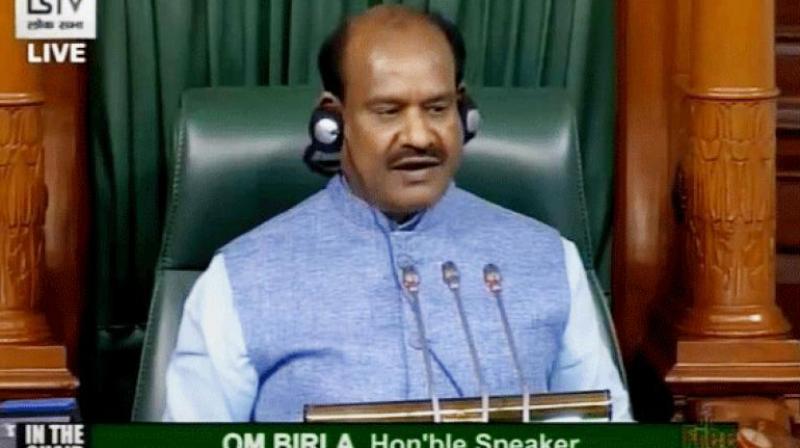Speaker’s views on caste let India down

Not only at the social level, but evidently at the political level too the institution of caste continues to thrive in the country. The clearest proof of this was the recent statement of Lok Sabha Speaker Om Birla, singing paeans to the priest caste of the majority Hindu community, which has enjoyed a place of dominance in the social order since Vedic times.
The Speaker, whose voice ought to give lead in upholding the constitutional values of the country relating to social, judicial and moral equality, overlooked this obligation and gave voice to the most backward of tendencies in our social life.
He seemed wholly oblivious to the reality that the basis of the caste order of Hindu life has been questioned by all strata of society — including those privileged by the pernicious hierarchy engendered by the caste system — since at least the 18th century in very conspicuous fashion.
With the reform movement in Hindu society, and the rise of the national movement against colonial rule with the stamp of Mahatma Gandhi impressed deep upon it, the interrogation of caste gathered speed with the help of intellectual and moral fuel supplied by thinkers, reformists and even religious bards.
None of this mattered though when Mr Birla, speaking at an organisation of the Brahmin community in Rajasthan recently, gave us a glimpse of his evidently unenlightened mind. He went on a rant to suggest that those born in the Brahmin caste deserved their highest place in the Hindu order. He appeared to attribute to them inherent superiority, which he said led them to offer society guidance.
Individuals of all caste or religious groups, including those of Brahmins, have made noteworthy contributions in all aspects of national life. To place Mr Birla’s retrograde observations under the scanner is not to denigrate those born into the Brahmin caste, but to question the ideology of Brahminism, which may be thought of as being co-terminous with the fundamental iniquities of the caste order of Hindu society.
Social reform movements and political struggles against this order have been a defining feature of India’s public life and our own times in a very fundamental way. Class inquities are easier to overcome than caste divides, although to battle against class can take generations. This is because, according to the ancient law and practice, a Hindu cannot escape his caste. In the modern world, and if we are to defer to the idea of equality, the best that may be done is to ban the playing out of caste prejudice in the matter of accessing public goods and services. It is in this matter that the Lok Sabha Speaker’s reported remarks have let down the country, especially those who have waged a life-and-death struggle against the Brahminical order.
It is enjoined upon Parliament to subject the Speaker's observations to close scrutiny and take appropriate action.

